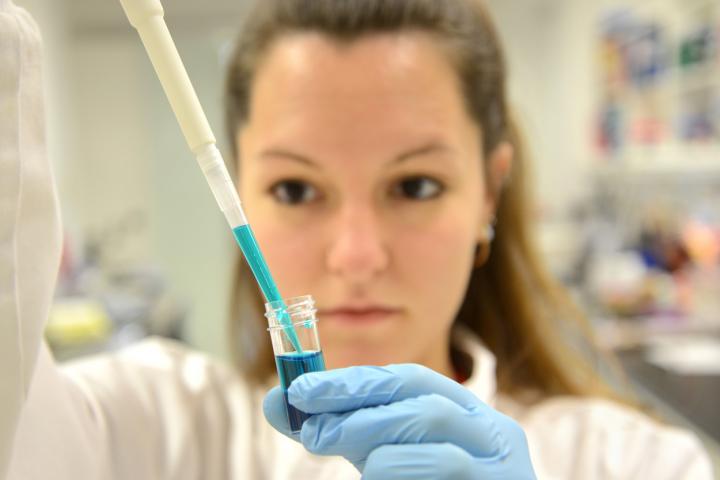A major charity has pledged £7.3 million to help the next generation of doctors and scientists in Scotland deliver better cancer treatments to patients faster.

The funding from Cancer Research UK will train early career clinician scientists - doctors who also carry out medical research - as part of its Clinical Academic Training Programme.
The programme will invest £58.7m across nine research centres, including the Cancer Research UK Scotland Centre in partnership with the Universities of Edinburgh, Glasgow, and Strathclyde, and the NHS.
Translating research
The investment will support clinician scientists to play an essential role in translating cancer research, helping to bridge the gap between scientific research carried out in laboratories and clinical research involving patients.
Working across both research settings, their contributions to new knowledge and its translation to clinical practice are critical for cancer research.
Becoming a clinician scientist usually involves doctors taking time out of their medical training to undertake a PhD, before returning to train in their chosen specialism.
However, many clinicians do not come back to research after qualifying as consultants.
Flexible training
Nearly three quarters of clinical research staff surveyed by Cancer Research UK in 2023 said it has become harder to deliver research in a timely manner over the past 18 months. Almost 80 per cent of respondents described wider pressures on the health service as a barrier.
To tackle this issue, Cancer Research UK's Clinical Academic Training Programme provides flexible training options alongside mentorship and networking opportunities, to better support clinicians who want to get involved and stay in cancer research.
The Scottish programme will be led by Professor Charlie Gourley of the University of Edinburgh and Professor Richard Wilson of the University of Glasgow, who are both clinicians and researchers.
It is vital for our scientists to be able to work together in the lab with clinicians at all levels and specialities to find new and better treatments for cancer. This will undoubtedly lead to benefits for cancer patients in the long term.
My personal experience of balancing treating cancer patients while actively researching the disease has taught me that our support and mentorship of young cancer clinician scientists is crucial to ensure they achieve their goals and improve the outcome for the patients of the future.
We need all our doctors and scientists to be able to reach their full potential, no matter their background. That's why we are continuing to provide flexible training options for early-career clinician scientists.
After the success of the first five years of this programme, we want to encourage even more clinicians to get involved in cancer research to help us get closer to a world where everybody lives longer, better lives free from the fear of cancer.






